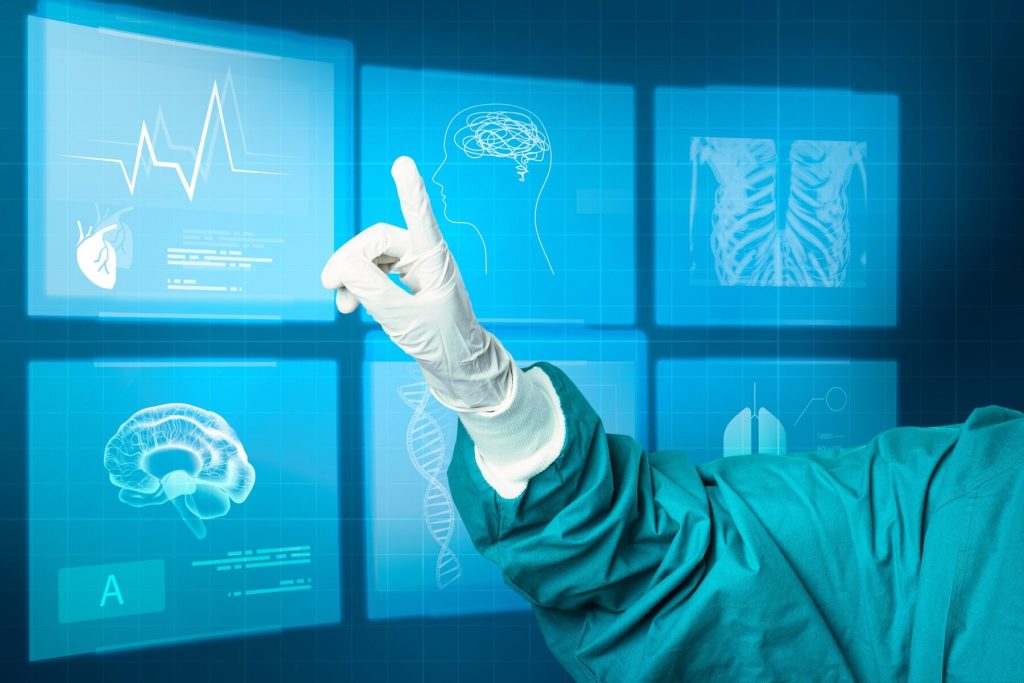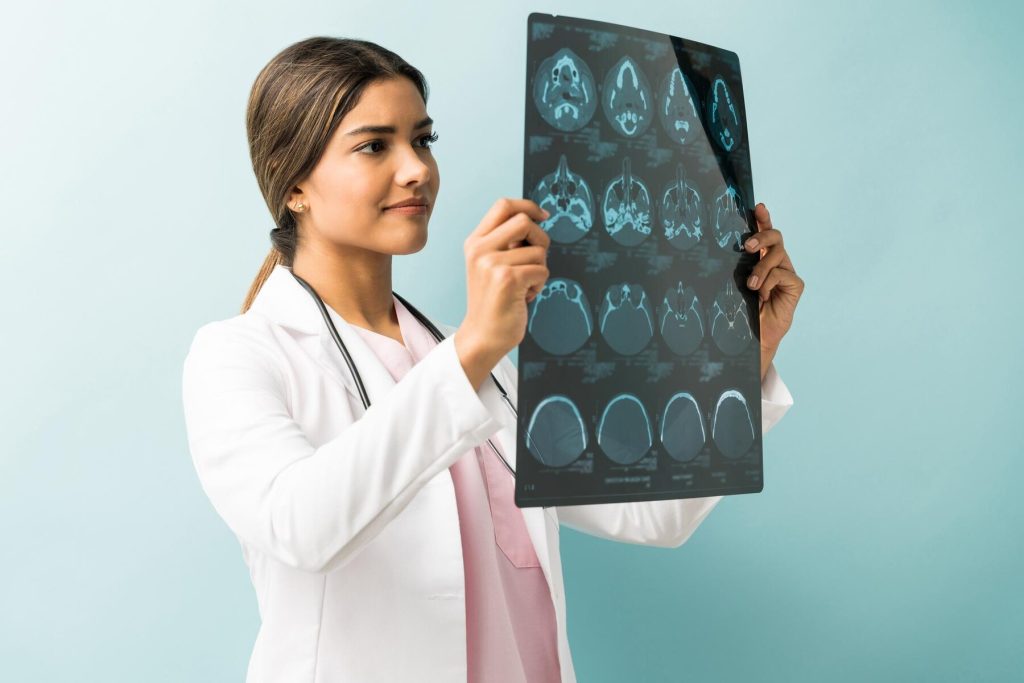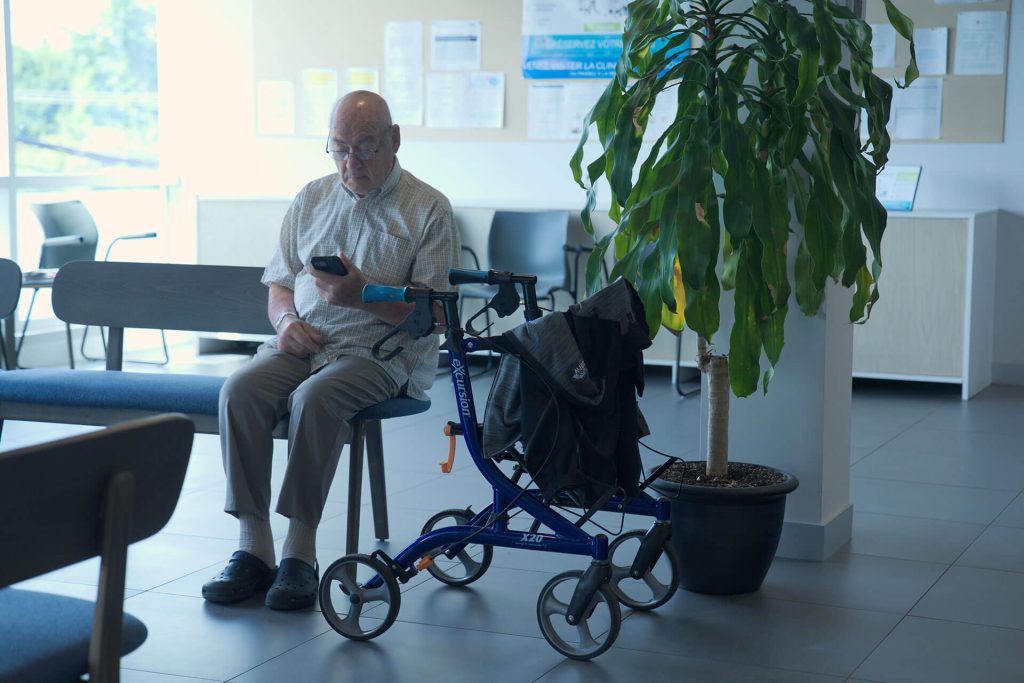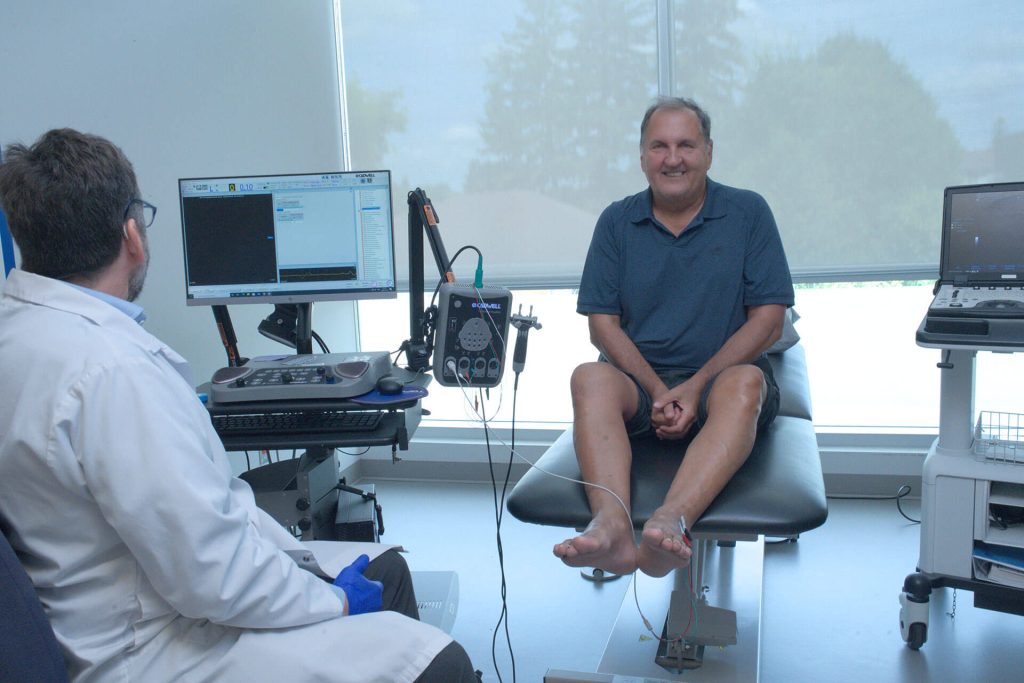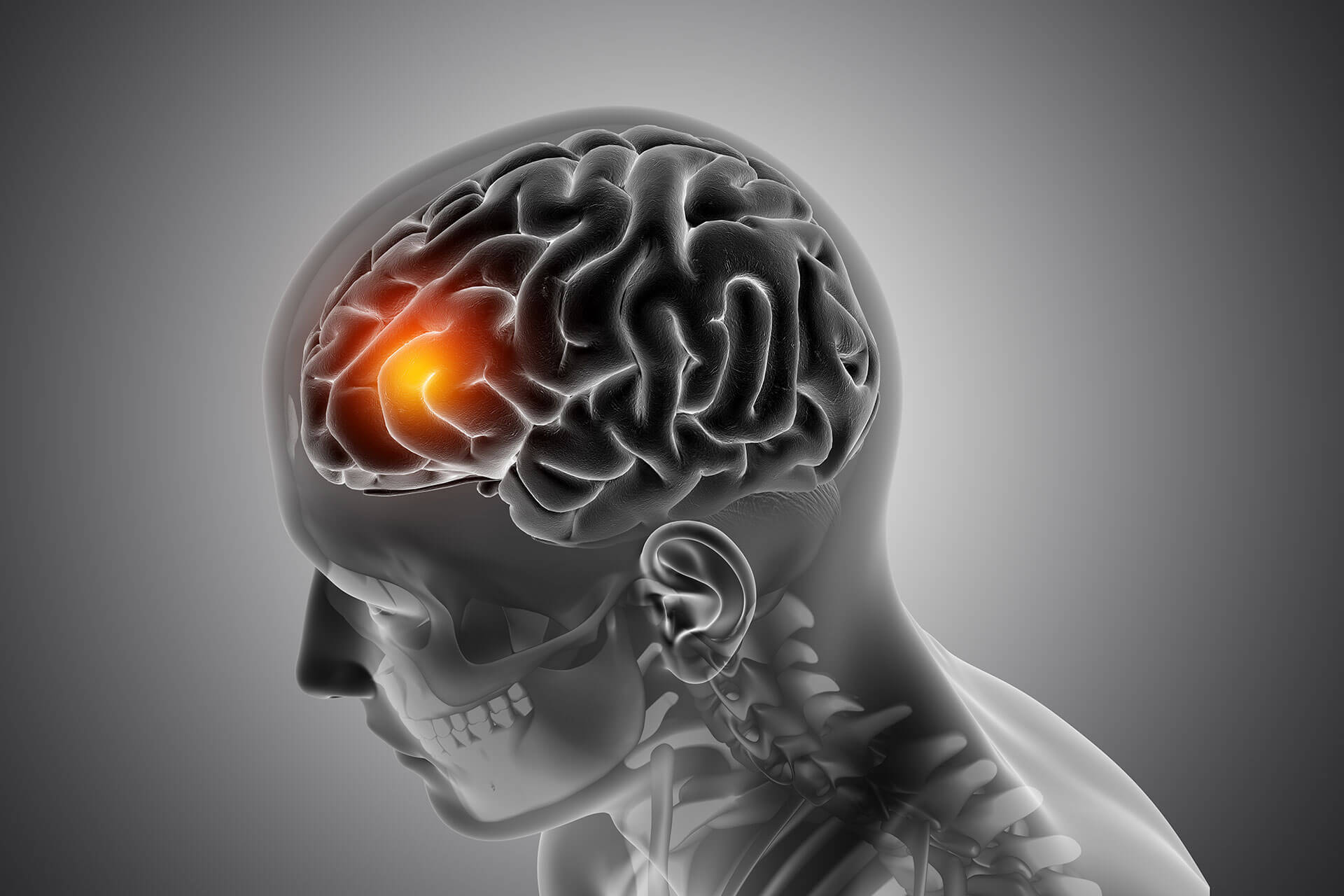Nous participons de façon continue à plusieurs essais cliniques visant à mettre au point de meilleurs traitements pour diverses maladies : sclérose en plaques, AVC, maladie de Parkinson, maladie d’Alzheimer et glioblastome multiforme (GBM). Notre participation nous permet d’offrir de nombreux traitements bien avant qu’ils ne deviennent accessibles à la majorité des spécialistes, donnant ainsi aux patients la possibilité de choisir parmi un éventail de soins qui, bien qu’expérimentaux, peuvent s’avérer plus efficaces.
Les traitements de pointe ne sont pas la seule raison pour laquelle nous menons des essais cliniques, ni la seule raison pour laquelle les patients choisissent d’y participer. Notre implication nous permet d’améliorer les protocoles et de faire progresser les traitements eux-mêmes. En neurologie, des avancées majeures ont été réalisées ces dernières années; elles auraient été impossibles sans la participation conjointe des médecins, des infirmières et des patients.

